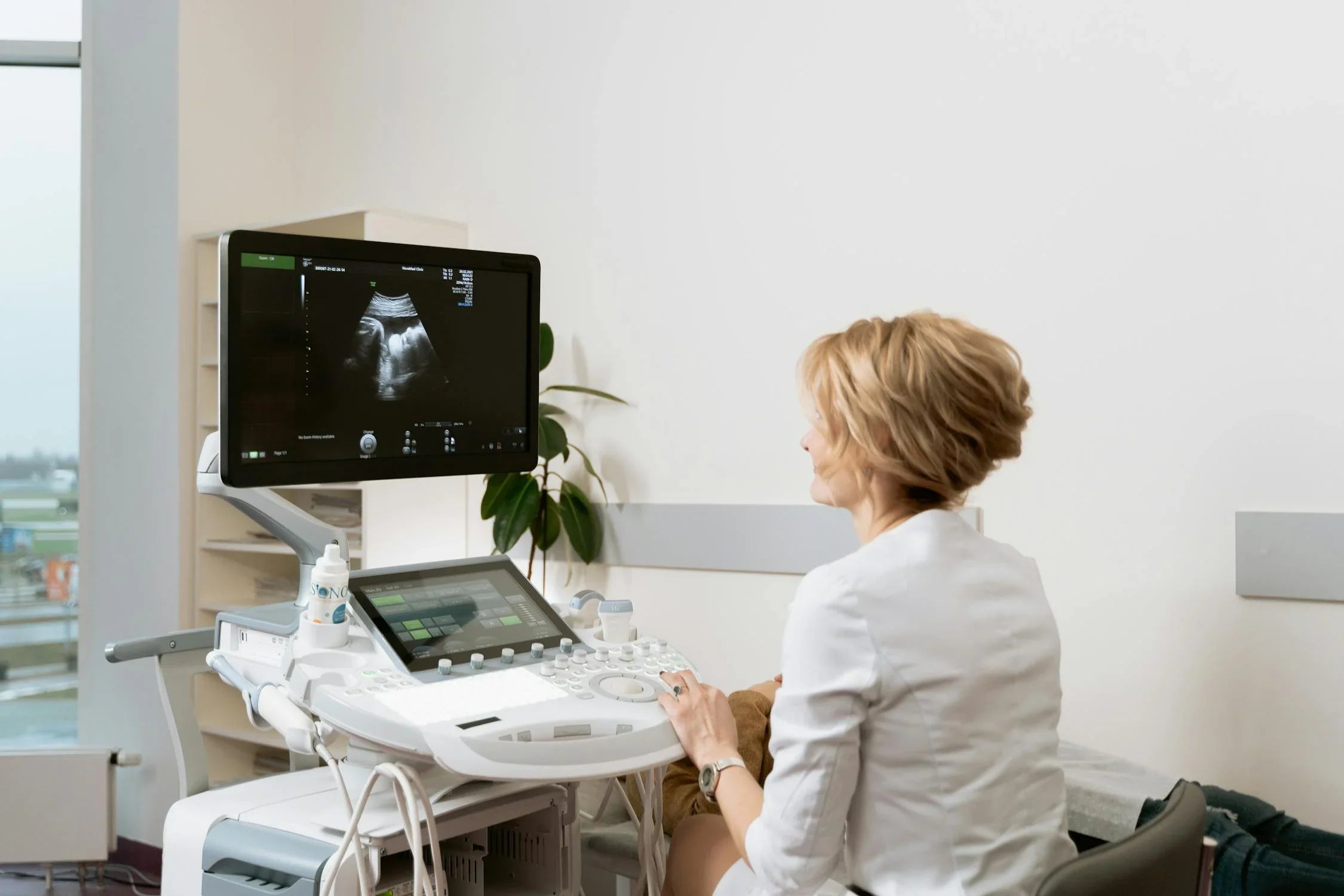Accueil
Pregnancy, Breastfeeding, and Pumping: The Ultimate Guide for Moms
Can You Have Pregnancy Symptoms Before a Positive Test? Exploring Early Signs

Can You Have Pregnancy Symptoms Before a Positive Test? Exploring Early Signs
For many women, the journey to motherhood begins with a whirlwind of emotions and questions. One of the most common questions is: can you have pregnancy symptoms before a positive test? The answer is yes, and understanding these early signs can help you navigate this exciting yet uncertain time.
Understanding Pregnancy Symptoms
Pregnancy symptoms can vary widely from woman to woman, and even from one pregnancy to another. Some women experience noticeable changes almost immediately, while others may not feel any different until weeks into their pregnancy. The key is to recognize the signs your body might be sending you.
Early Signs of Pregnancy
Here are some common early pregnancy symptoms that may appear before a positive test:
- Fatigue: Feeling unusually tired is one of the earliest signs of pregnancy. This is due to the increased levels of progesterone in your body.
- Nausea: Often referred to as morning sickness, nausea can strike at any time of the day. It is caused by the hormonal changes in your body.
- Breast Tenderness: Your breasts may feel sore, swollen, or tender as your body prepares for pregnancy.
- Frequent Urination: You might find yourself needing to urinate more often than usual. This is due to the increased blood flow to your kidneys.
- Mood Swings: Hormonal changes can also affect your mood, leading to emotional ups and downs.
- Food Aversions or Cravings: You may suddenly develop a dislike for certain foods or crave others. This is another common early sign of pregnancy.
Why Symptoms Appear Before a Positive Test
Pregnancy symptoms can appear before a positive test because of the hormonal changes that occur as soon as conception takes place. However, it takes time for the levels of the pregnancy hormone hCG (human chorionic gonadotropin) to rise enough to be detected by a home pregnancy test. This is why you might experience symptoms even if the test is still negative.
The Role of hCG
hCG is the hormone that pregnancy tests detect to confirm pregnancy. It is produced by the cells that will eventually form the placenta. In the early days of pregnancy, hCG levels rise rapidly, doubling every 48 to 72 hours. However, it can take a few days after implantation for hCG levels to be high enough to be detected by a test.
When to Take a Pregnancy Test
If you suspect you might be pregnant, it is important to know when to take a pregnancy test for the most accurate results. Most home pregnancy tests are designed to detect hCG in your urine, and they are most effective when taken after you have missed your period. However, some tests are more sensitive and can detect lower levels of hCG, allowing you to test earlier.
Factors Affecting Test Accuracy
Several factors can affect the accuracy of a pregnancy test, including:
- Timing: Taking the test too early can result in a false negative. It is best to wait until after you have missed your period.
- Test Sensitivity: Some tests are more sensitive than others and can detect lower levels of hCG.
- Urine Concentration: Using your first-morning urine can increase the accuracy of the test, as it is more concentrated.
- Medications: Certain medications can affect hCG levels and interfere with the test results.
What to Do If You Have Symptoms but a Negative Test
If you are experiencing pregnancy symptoms but have a negative test result, there are a few steps you can take:
- Wait a Few Days: It may be too early to detect hCG. Wait a few days and take another test.
- Consult a Healthcare Provider: If you continue to experience symptoms and have negative test results, consult a healthcare provider. They can perform a blood test, which is more sensitive than a urine test.
- Monitor Your Symptoms: Keep track of your symptoms and any changes in your body. This can help your healthcare provider make a more accurate diagnosis.
Other Possible Causes of Early Pregnancy Symptoms
It is important to note that some early pregnancy symptoms can also be caused by other factors, such as:
- Premenstrual Syndrome (PMS): Many symptoms of early pregnancy, such as fatigue, breast tenderness, and mood swings, are similar to those of PMS.
- Illness: Certain illnesses, such as the flu or a stomach virus, can cause symptoms like nausea and fatigue.
- Stress: High levels of stress can affect your body and cause symptoms that mimic early pregnancy.
- Hormonal Imbalance: Conditions like polycystic ovary syndrome (PCOS) or thyroid disorders can cause hormonal imbalances that lead to symptoms similar to pregnancy.
Conclusion
Experiencing pregnancy symptoms before a positive test can be both exciting and confusing. Understanding the early signs of pregnancy and the factors that affect test accuracy can help you navigate this uncertain time. Remember, every woman's body is different, and symptoms can vary widely. If you suspect you might be pregnant, it is always best to consult a healthcare provider for the most accurate diagnosis.
As you embark on this journey, keep in mind that your body is unique, and the experience of pregnancy is different for everyone. Whether you are eagerly awaiting a positive test or simply curious about the early signs of pregnancy, being informed and attentive to your body's signals is the best way to prepare for the exciting changes ahead.
Partager

